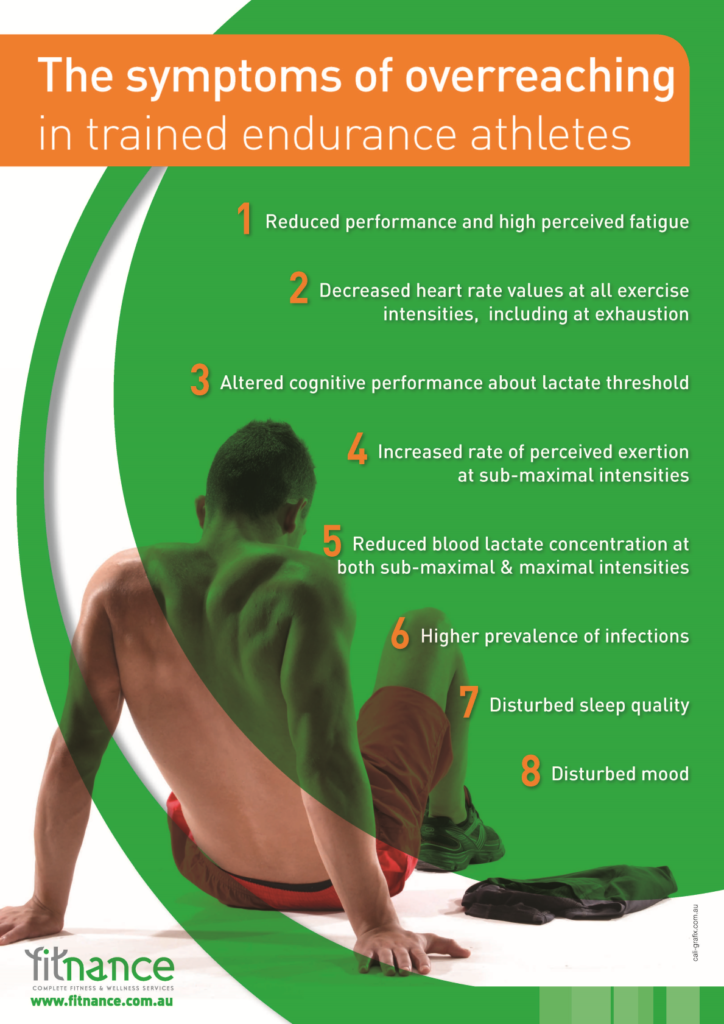Tapering : What do mangoes and tapering for competition have in common?
I don’t think there is anything better than a ripe mango. Sweet, juicy, summer vibes. You need to get them when they are just ripe. Once they are over ripe they are not so good.
I like to talk to my athletes about going into a competition ripe or even with a tinge of green. I think the ripe mango is a good analogy for peaking for a competition. Go in ripe and you will perform well. Even going in slightly green (particularly for Endurance events) allows the athlete to perform. However once over ripe and the fruit flies are circling your performance will stink. Injuries, lower performance, mental fatigue etc. are all associated.
I wrote this with my wife in mind, as she loves to do extra’s during the week of a race and I continually remind her of the mango. She is always pleasantly surprised with her performance when she has a little extra rest.
There is an art to tapering and peaking for competition and they are covered within the Fit Education Certificate III in Fitness , Certificate IV in Fitness , Diploma of Fitness , Diploma of Sport. Tapering and Overtraining are two of the principles of training covered.
In the context of sports, tapering refers to the practice of reducing exercise in the days just before an important competition. Tapering is customary both in endurance sports, such as long-distance running and swimming, and strength sports, such as weightlifting and sprinting. For many athletes, a significant period of tapering is essential for optimal performance. The tapering period frequently lasts as much as a week or more. This tapering means gradually reducing the exercise over a short period of time then stopping completely when leading up to competitions.
Overtraining or staleness occurs when an athlete ignores the signs of overreaching and continues to train. Many athletes believe that weakness or poor performance signals the need for even harder training. So, they continue to push themselves. This only breaks down the body further. It is very difficult to recover from overtraining and can require weeks or months of time off. This can be challenging for someone whose life has revolved around training and competing. Identifying overreaching early is important.

If you found this article useful, you may also enjoy reading How To Become a PT, or Know Your Fitness and Gym Lingo.
If you have are interested in studying to work in the Fitness Industry, you can schedule a phone call with our Careers Adviser, just click in the image below.

